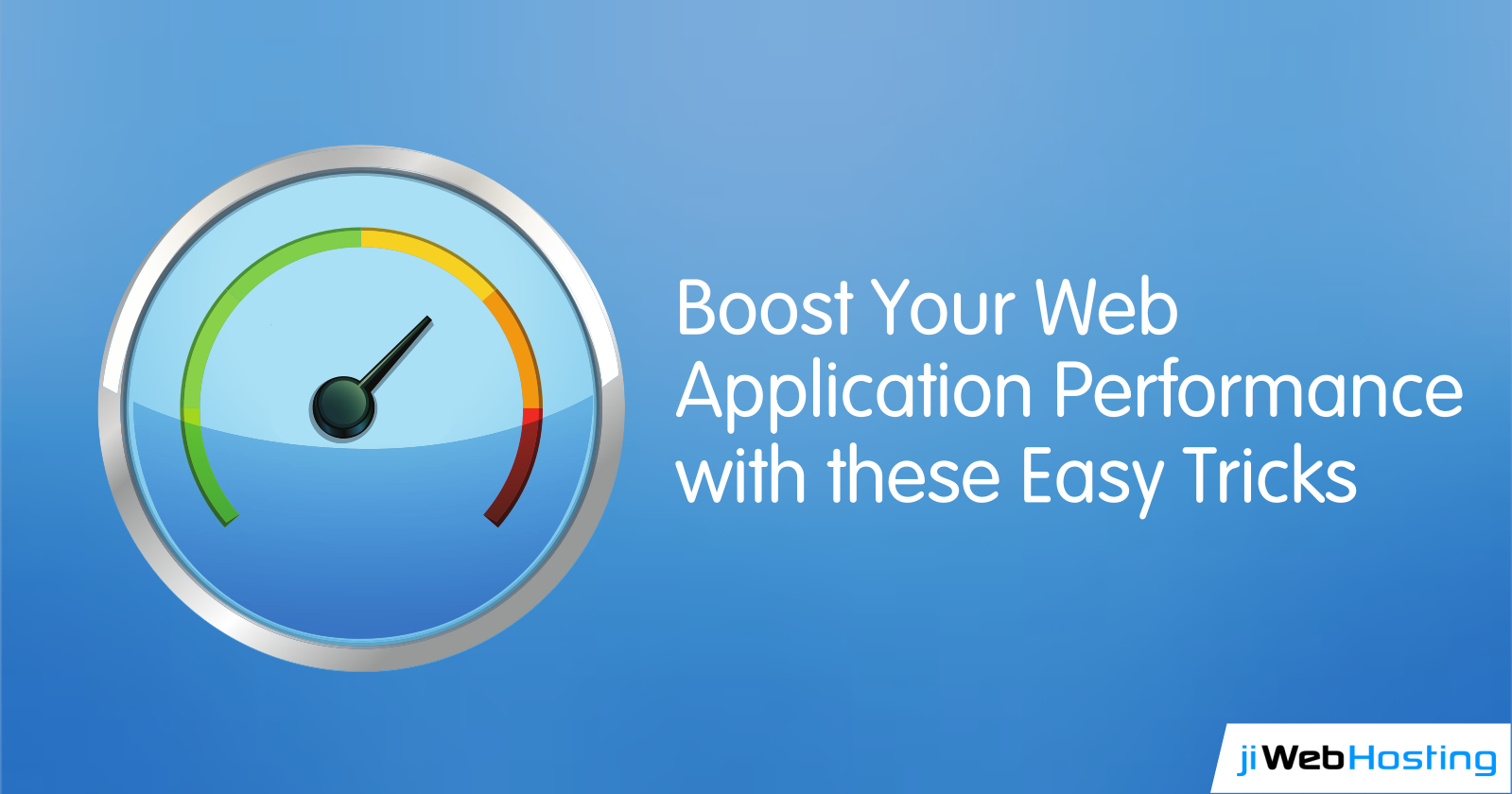Have you ever visited a website and waited for a minute while the pages load? You would say a no. Isn’t it? We simply can’t deny the fact that a website which has a quicker loading of pages and displays instant results will definitely receive better customer engagement as compared to a slow website. And the reason is simple- everyone is so busy that they won’t wait for the pages to load, rather there are hundreds of similar websites on the internet so they’ll make a switch and would never turn back to you.
Best ways to improve your web app performance
While people have all the resources available and a wide range of alternative options on the internet, they would definitely choose the website which offers instant results. In case your website goes down due to heavy traffic or whatsoever reason, you are out of the race. So, slow websites are just not acceptable in the industry. However, we have prepared a list of ways which will definitely help you in improving your web application performance. Here you go!
- Compress the data: Compressing the data can be very beneficial to increase your web app performance. Rather you can reduce the CSS, HTML, JavaScript bandwidth and even reduce the app load time. GZIP is one such file compression tool which you can use, and different web servers further have their own compression tools which can easily compress the data and help in improving the website loading.
- Regular monitoring in real time: Monitoring all the activities carried out on your website can help you a lot in improving the performance of your website. Keeping a regular check on server downtimes, dropping network connections, checking recent updates will be helpful. jiWebHosting is one such web hosting provider which monitors all the activities carried out at your website precisely and takes appropriate actions to fix it instantly.
- Manage traffic with a load balancer: Implementing a load balancer would be a perfect idea as it is easy to do and improves the website security and performance to a good extent. A load balancer will distribute the website traffic across servers and thus avoids the overload on your website. Thus improving the speed and performance of your website.
- Enhanced security protocols: Most of the website owners use SSL(Secure Socket Layer) and TLS(Transport Layer Security) techniques for security reasons as they provide encryption of data and keeps the data safe. But these techniques reduce the web app performance. To optimize security protocol, you can rather go for OpenSSL instead.
- Use CDN: A content delivery network manages the static content delivery including JavaScript, CSS, HTML, or images to the clients based upon their geographic location. As CDN separates the static content from the application server, this directly helps in improving the website performance and speed.
- Faster content delivery by caching: Regularly caching presents faster delivery of data to the customers. And as the customers do not wait for more than a second while your website page loads, it becomes essential to focus on this. You can do caching either by using faster devices to store data, using CDN, static content caching, or dynamic content caching.
- Keeping the software versions updated: Staying up to date with the recently available updates and versions for your website lets you stay on the safer side and helps in offering quicker results while the user browses your website.
- Make your website responsive: In the ever running world, it becomes necessary that your website is accessible over mobile too because everyone will search your website on his smartphone. Nobody has enough time to reach you out at their PC's. Make sure that your website is easily accessible through phones.
- Check your existing hosting plan: If you feel that the website covers up all the above factors but still has trouble with speed and performance, then it's time to review your hosting plan. It could be that you are using a shared hosting plan and you need to switch to a dedicated hosting plan where you can get a sperate range of resources without sharing it with other websites.
- Minimize HTTP requests: All the files required by your website including the CSS, JavaScript, or other images need to be downloaded to the server which directly reduces the speed and performance of your website. So, minimizing the HTTP requests will be quiet useful to increase the website performance.
Concluding lines
Despite your endless efforts, if your website still doesn't offer quick results, your efforts might be useless. So, it's necessary that you work upon the above factors to enhance your website performance and surprise your users with your effective website results. Still have any questions? Get in touch with us at any time and get assistance from our team of experts!














Share this post on: